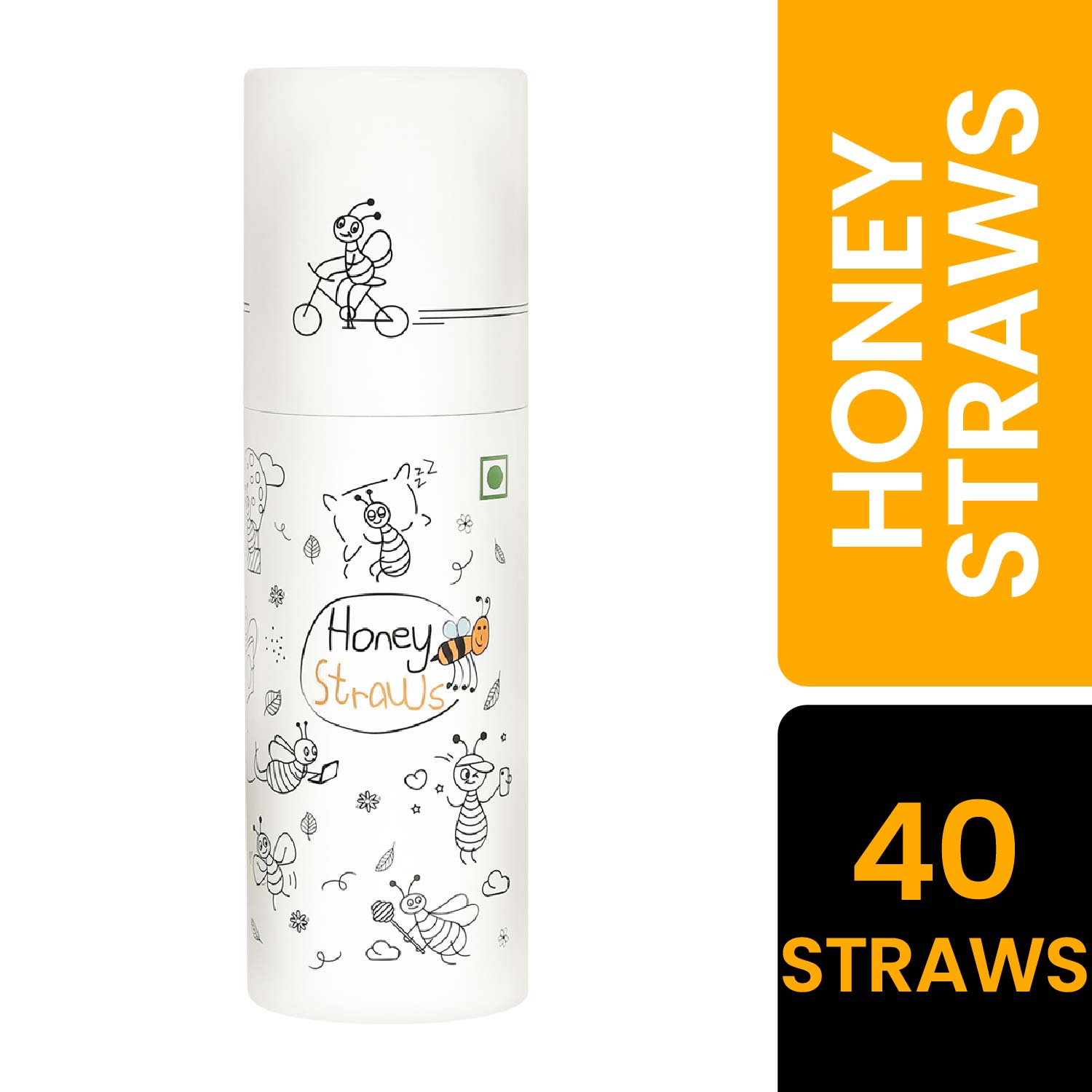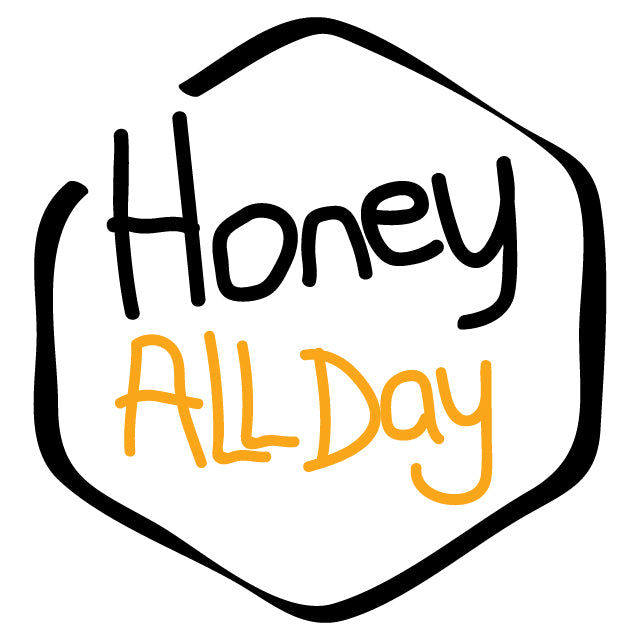Introduction-
As concerns about sustainability and the environment continue to grow, it's important to recognize the role that beekeeping plays in these issues. Bees are crucial to the pollination of many of the foods we eat, making them a critical part of the food industry. However, it's also important to recognize the negative impact that beekeeping can have on the environment and the bees themselves. That's why sustainable beekeeping practices are so important.
Section 1: The Impact of Beekeeping on the Environment
Bees are critical to the pollination of many crops, which makes beekeeping an important part of the food industry. However, beekeeping can also have a negative impact on the environment. Pesticides and monoculture are two major factors that can have a negative impact on bee populations.
- PESTICIDES-
Pesticides are often used to protect crops from insects and other pests, but they can also harm bees. When bees come into contact with pesticides, it can weaken their immune systems and make them more susceptible to diseases. It can also affect their ability to navigate and find food, which can lead to a decline in their population.
- MONOCULTURE-
Monoculture is the practice of growing large areas of a single crop, which can lead to a lack of biodiversity in the environment. This can make it difficult for bees to find the food they need to survive. It can also make them more vulnerable to diseases and parasites.
- PRESERVING NATURAL HABITATS-
Preserving natural habitats is another important factor in the health of bee populations. Bees need a diverse range of plants and habitats to thrive. When natural habitats are destroyed, it can have a negative impact on bee populations.
Section 2: Sustainable Beekeeping Practices
Sustainable beekeeping practices can help to reduce the negative impact that beekeeping can have on the environment and the bees themselves. Here are some examples of sustainable beekeeping practices:
- Using natural and organic methods to treat diseases and pests:
Chemical pesticides and antibiotics can harm bees and the environment. Using natural and organic methods to treat diseases and pests can help to protect both the bees and the environment.
- Supporting local ecosystems through the use of native plant species:
Bees need a diverse range of plants to thrive. Using native plant species can help to support local ecosystems and provide bees with the food they need to survive.
- Avoiding over-harvesting and allowing bees to keep enough honey for themselves:
Bees need honey to survive the winter months. Over-harvesting can leave bees without enough honey to survive, which can lead to a decline in their population.
Conclusion:
Beekeepers play a vital role in protecting the environment and the health of bees. Sustainable beekeeping practices can help ensure the survival of bees and a healthy environment. It's important to recognize the role that bees play in the food industry and to take steps to ensure their survival for generations to come.
At HAD, we believe in the power of sustainable beekeeping. That's why we source our honey from local beekeepers who share our commitment to ethical and eco-friendly practices.
OR
By choosing HAD's locally sourced honey, you're not just getting a delicious and nutritious product - you're also supporting the hard work of local beekeepers who prioritize sustainability.





